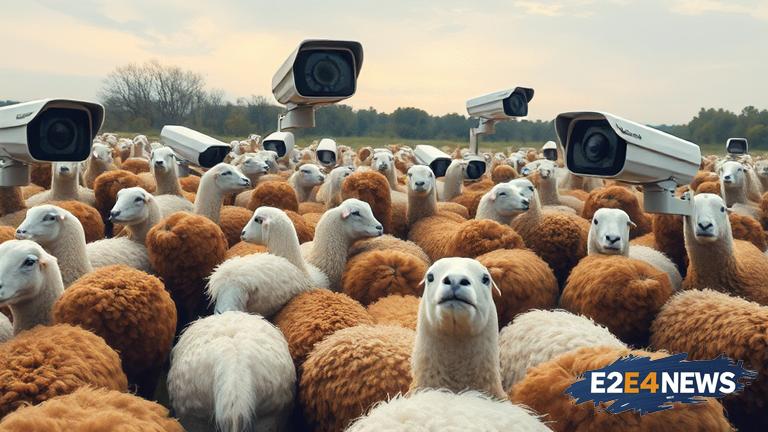The deployment of Flock cameras in Virginia has been a topic of discussion in recent times, with the primary concern being the potential misuse of the collected data. These cameras, designed to capture license plate information, have been installed in various locations across the state to aid in law enforcement and crime prevention. However, the lack of clear guidelines on who can access the data and for what purposes has sparked debate among residents and lawmakers. The editorial highlights the need for restricted access to the data, ensuring it is only used for legal purposes and not for personal gain or unauthorized surveillance. The Virginia General Assembly has been urged to take action and establish clear regulations on the use of Flock cameras and the collected data. The issue has also raised questions about the balance between public safety and individual privacy, with some arguing that the benefits of the cameras outweigh the potential risks. Others, however, are concerned that the data could be used to target specific groups or individuals, leading to potential discrimination and bias. The use of Flock cameras has been praised for its ability to aid in solving crimes and improving response times, but the lack of transparency and accountability has created skepticism among the public. Law enforcement agencies have argued that the data is essential for their work, but others have pointed out that there are alternative methods that can achieve the same results without compromising individual privacy. The debate has also highlighted the need for greater oversight and regulation of surveillance technologies, ensuring that they are used in a responsible and ethical manner. As the use of Flock cameras continues to expand, it is essential that the necessary safeguards are put in place to protect individual rights and prevent potential abuses. The Virginia General Assembly must take a proactive approach to addressing these concerns and establishing clear guidelines on the use of Flock cameras and the collected data. By doing so, the state can ensure that the benefits of the technology are realized while minimizing the risks to individual privacy and security. The issue is not unique to Virginia, as other states and countries are also grappling with the challenges of balancing public safety and individual privacy in the context of surveillance technologies. Ultimately, the key to resolving this debate lies in finding a balance between the need for effective law enforcement and the need to protect individual rights and freedoms. The use of Flock cameras in Virginia serves as a prime example of the need for ongoing discussion and debate on the ethical implications of surveillance technologies and the importance of establishing clear regulations and guidelines on their use.
